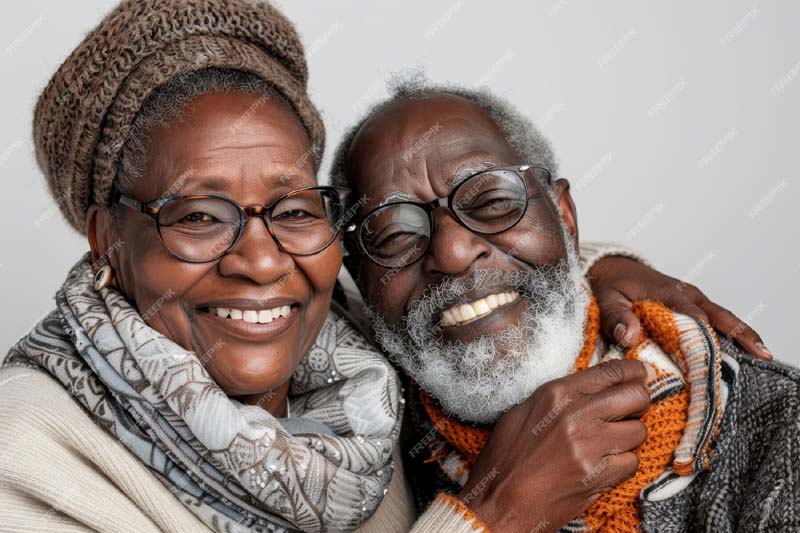“Life consists of the small things, waking up excited, doing something that brings joy, contributing to something bigger than yourself”
The Japanese Secret to a Long and Happy Life on Audible during a phase when I was searching for something more. Life wasn’t bad, but it felt like I was just going through the motions—checking off responsibilities, meeting deadlines, and living on autopilot. I wanted to understand what made life feel full, what gave it meaning beyond just existing. And then, there it was: Ikigai. Listening to the audiobook felt like sitting with a wise elder who had unlocked the secrets of a fulfilling life. The narration was calm, steady, and immersive, making it feel like a slow conversation rather than a rushed lecture. There was a rhythm to it—gentle yet deeply impactful. It wasn’t just about living long; it was about living well. The book takes you to Okinawa, where some of the world’s longest-living people reside. And as I listened, I realized that their secret wasn’t found in a magical superfood or a complex formula—it was in the way they lived, the way they moved, the way they connected, and, most importantly, the way they found purpose in every day. Here are seven lessons that stuck with me, each one like a breadcrumb leading me to a life that feels richer, lighter, and more intentional.
1. Your Purpose Isn’t a Destination—It’s a Way of Life: Ikigai is often translated as reason for being, but the book makes it clear—it’s not about finding one big, grand mission. It’s in the small things. It’s in waking up excited, in doing something that brings joy, in contributing to something bigger than yourself. The people of Okinawa don’t retire because they don’t see work as something they escape from. Their purpose—whether it’s farming, crafting, or teaching—is woven into their everyday life. And that made me rethink everything. Purpose isn’t something we chase; it’s something we cultivate in the now.
2. Stay in Motion—Always: One of the most striking lessons was how movement is part of their daily rhythm. There’s no “hitting the gym” mentality. Instead, they integrate movement naturally—gardening, walking, stretching, working with their hands. It made me rethink my own lifestyle. Maybe we’ve overcomplicated fitness. Maybe the key isn’t forcing ourselves into grueling routines but making movement a seamless part of our existence—taking the stairs, walking to the store, standing up more, playing, and flowing through life instead of just sitting through it.
3. Strong Community = Strong Life: In Okinawa, loneliness is rare. People have moais—close-knit social circles that support each other for life. They check in on each other, share meals, celebrate together, and face hardships together. Hearing about these deep connections made me realize how much modern life has pulled us away from this. We have endless digital connections, yet so many of us feel alone. Maybe the secret to a happy life isn’t just in what we do, but who we do it with. Investing in real, meaningful relationships isn’t just nice—it’s necessary.
4. Slow Down—Rushing Is a Modern Disease: The book paints a picture of a lifestyle where people don’t rush. They take their time. They enjoy their meals. They are present. And yet, they get things done—not through stress, but through steady, intentional action. Listening to this, I had to ask myself: Why do we glorify busyness? Why do we wear exhaustion like a badge of honor? Maybe slowing down isn’t about doing less—it’s about doing things better, with more attention, with more heart.
5. Food Is Fuel, but Also Medicine: The Okinawan diet isn’t about restrictions—it’s about balance. They eat mostly plants, small portions, and lots of variety. But what stood out to me most was their Hara Hachi Bu practice—eating until they’re 80% full. Hearing this made me pause. How often do we eat mindlessly, stuffing ourselves past the point of enjoyment? The lesson here isn’t just about eating less—it’s about eating with awareness. Savoring. Listening to our bodies. Treating food as nourishment rather than a quick fix.
6. Stress Kills, But Finding Flow Heals: The book explains how the people who live the longest are often those who immerse themselves in activities they love. They experience flow—that state where time disappears because you’re fully engaged in something meaningful. Listening to this, I reflected on my own life. When was the last time I truly lost myself in an activity? When was the last time I did something for the sheer joy of it? Flow isn’t just about hobbies—it’s about finding those moments in work, in relationships, in daily life, and leaning into them.
7. Gratitude Changes Everything: One of the simplest yet most powerful lessons from Ikigai is the way these long-living people practice gratitude daily. They wake up with thankfulness. They appreciate the little things—a sunrise, a shared laugh, a well-cooked meal. Hearing this in the audiobook, with the gentle storytelling guiding me, made me realize how often we overlook life’s simple joys. It’s easy to focus on what’s missing, what’s wrong. But what if, instead, we made gratitude a practice? Not as a cliché, but as a way of rewiring our perspective—because the more you appreciate, the richer life feels.
You can access the audiobook when you register on the Audible platform using the l!nk above.






